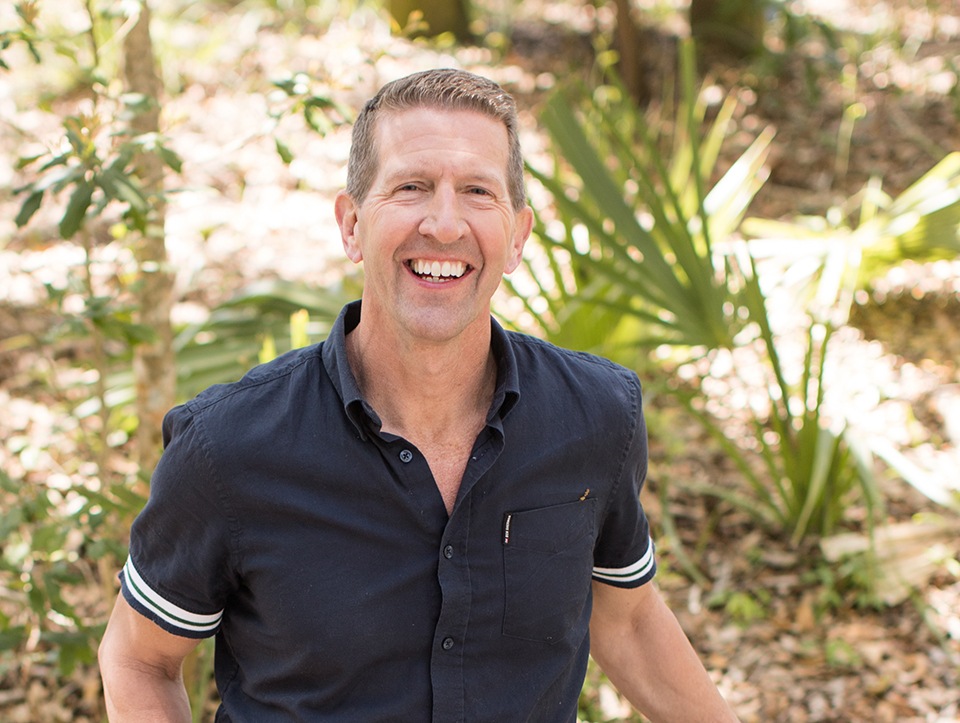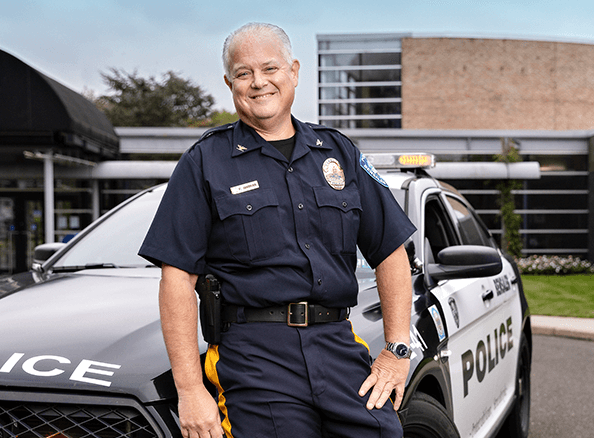Mission in a Minute
Bringing awareness to global observances and recognizing Thermo Fisher's contributions and/or impact.
Thought leadership
Whitepaper, OpEds from leadership, and how we're focusing on our Mission.
Counting on You
For recipients of the lifesaving, life-changing gift of organ donation, “counting” has many meanings. Every day is a chance to cover more miles on a bike, train another athlete or teach another student. These individuals are literally counting the moments and the milestones. At the same time, they are “counting” on the donors, caregivers, nonprofits, industry, healthcare providers and practitioners that make the miracle transplantation possible.
With Counting on You, we aim to amplify these stories and encourage organ donation by demonstrating the impact it can have on a life.

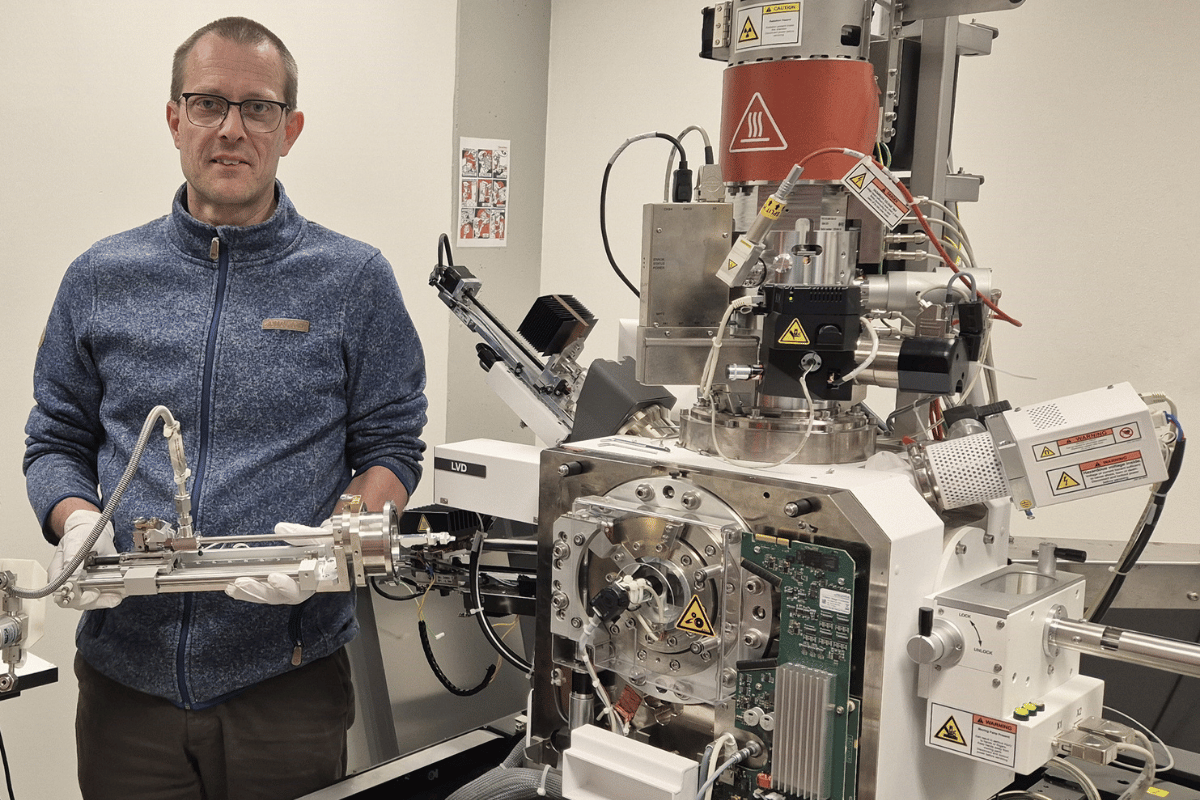








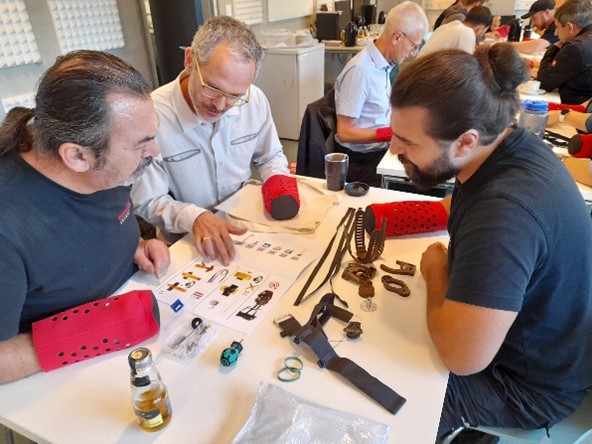



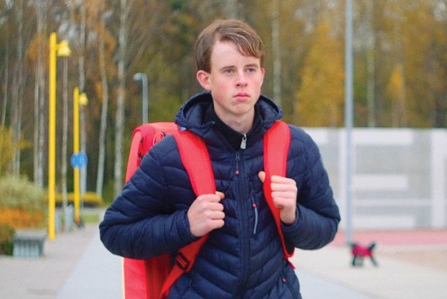

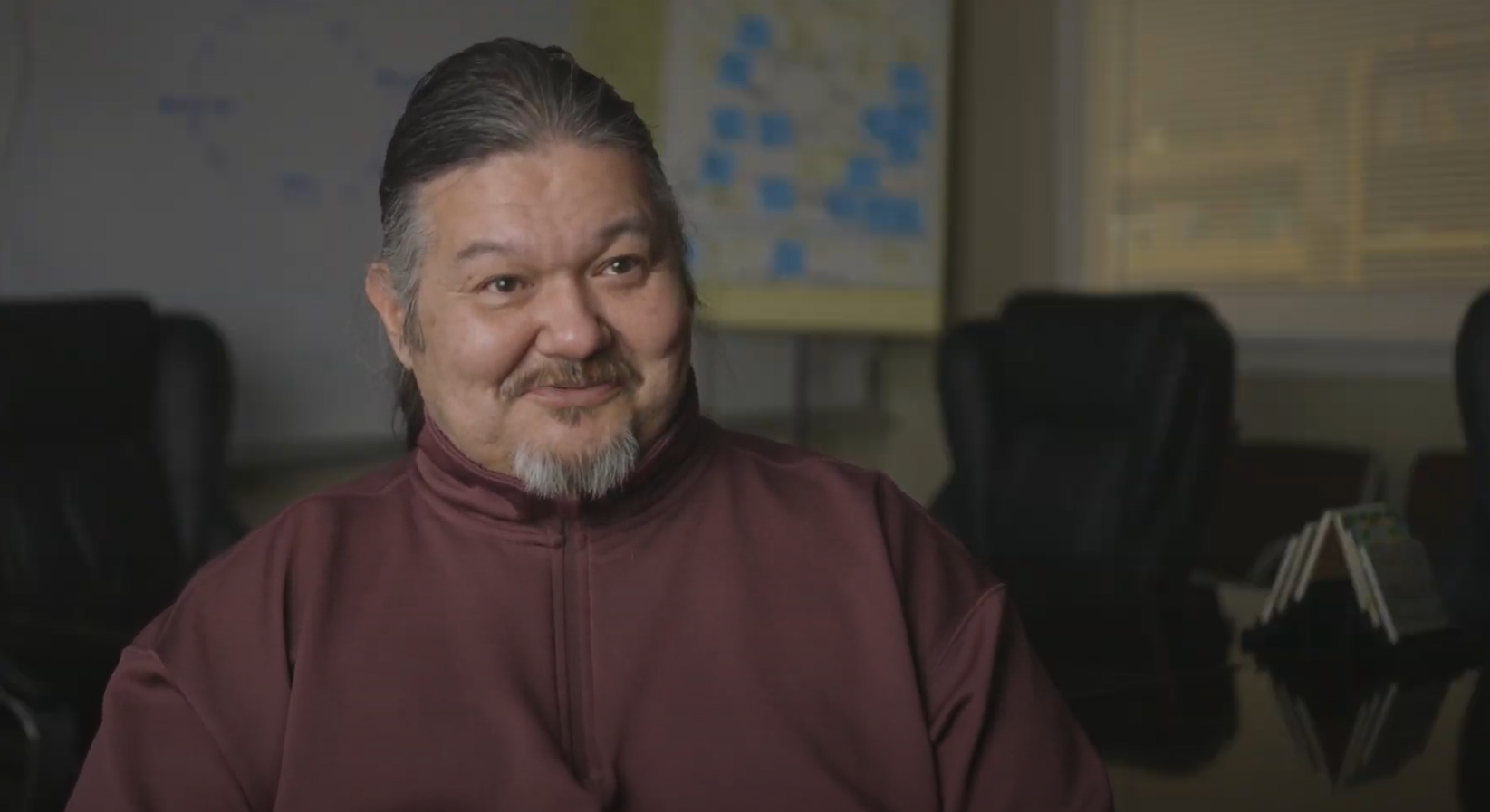

.png)






.jpg)



.png)
